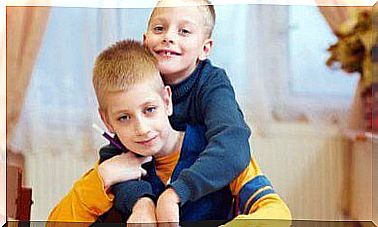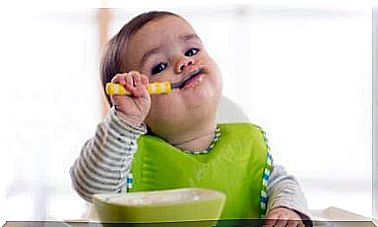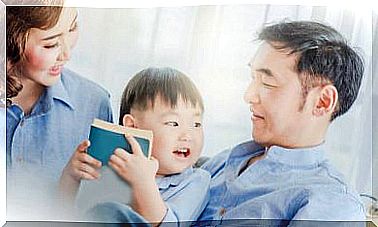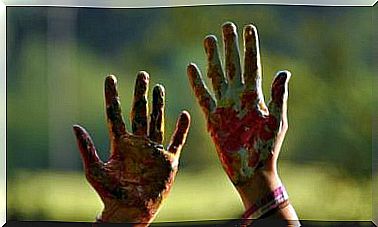Corporal Punishment Affects A Child’s Intelligence
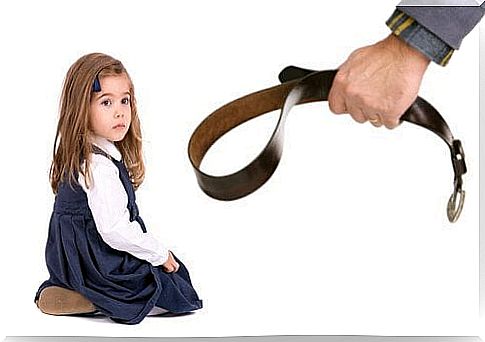
At birth, all people respond in the same way to the stimuli we experience: joy, surprise, anger, anxiety, shame, and the like. As we age, these reactions combine with our own experiences and shape our complex emotional lives.
Children’s emotional well-being deteriorates with mistreatment. In most cases, corporal punishment also contains harsh words that affect their self-esteem. They become depressed and avoid contact with other family members and friends. They may develop anxiety and a negative self-image, meaning the child’s experience of self as a person deteriorates.
Uncertainty, in turn, leads to low academic performance and understanding of school subjects, causing serious gaps in learning. This in turn angers parents, and the cycle of abuse and corporal punishment continues.
Even in developed countries, there are still a large number of adults who accept physical punishment, even though the evidence shows that they do not work but even prevent things from working. In addition, there are more effective options.
Corporal punishment involves the use of force and causing pain and discomfort to a child to correct his or her behavior.
It is important to note that the vast majority of parents who beat their children have also experienced assault from their own parents.
Corporal punishment does not cause only momentary pain to the child; it can also cause lifelong trauma. Part of this, according to a study by researchers in the United States, is a decrease in intelligence, which impairs performance in all adult activities.
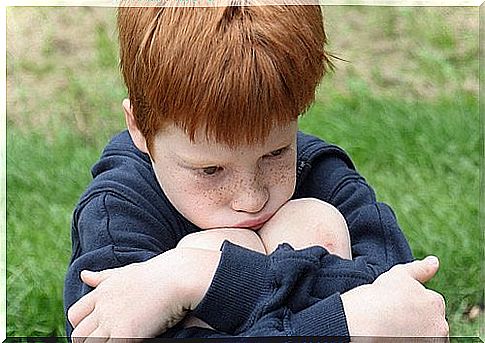
Effective alternatives to corporal punishment
There are a variety of ways for parents to learn about their child’s development, which in some cases can reduce the frustration and helplessness that often leads to corporal punishment. One of the most useful ways to do this is to use words instead of actions.
Let’s look at some ways to accomplish this:
- Use words instead of actions to tell your child what behavior is acceptable and what is not; what is dangerous and what is not.
- Listen to your child to find out why he did something or stopped it. By letting him explain his reasons, you strengthen his ability to make decisions.
- The word “discipline” comes from the Latin word “discere,” which means to learn. This is particularly relevant in early childhood behavior. Children’s behavior is closely related to their emotions, and therefore discipline is a process that involves learning about the behavior and the emotions that cause it.
- Improve children’s self-esteem by praising them when they are behaving well.
- Make rules and control them without aggression.
- Give your child a lot of love and affection.
- Children identify with their parents, so be a good example. Children tend to imitate both behavior and words. Parents ’behavior, speech style, and activities have a significant impact on children’s development.

Corporal punishment is a problem that can have very harmful side effects. Parents should be helped and encouraged to develop alternatives to hitting to control children’s unwanted behavior.
If we really want to create societies with less aggression and violence, removing corporal punishment is a good place to start.
